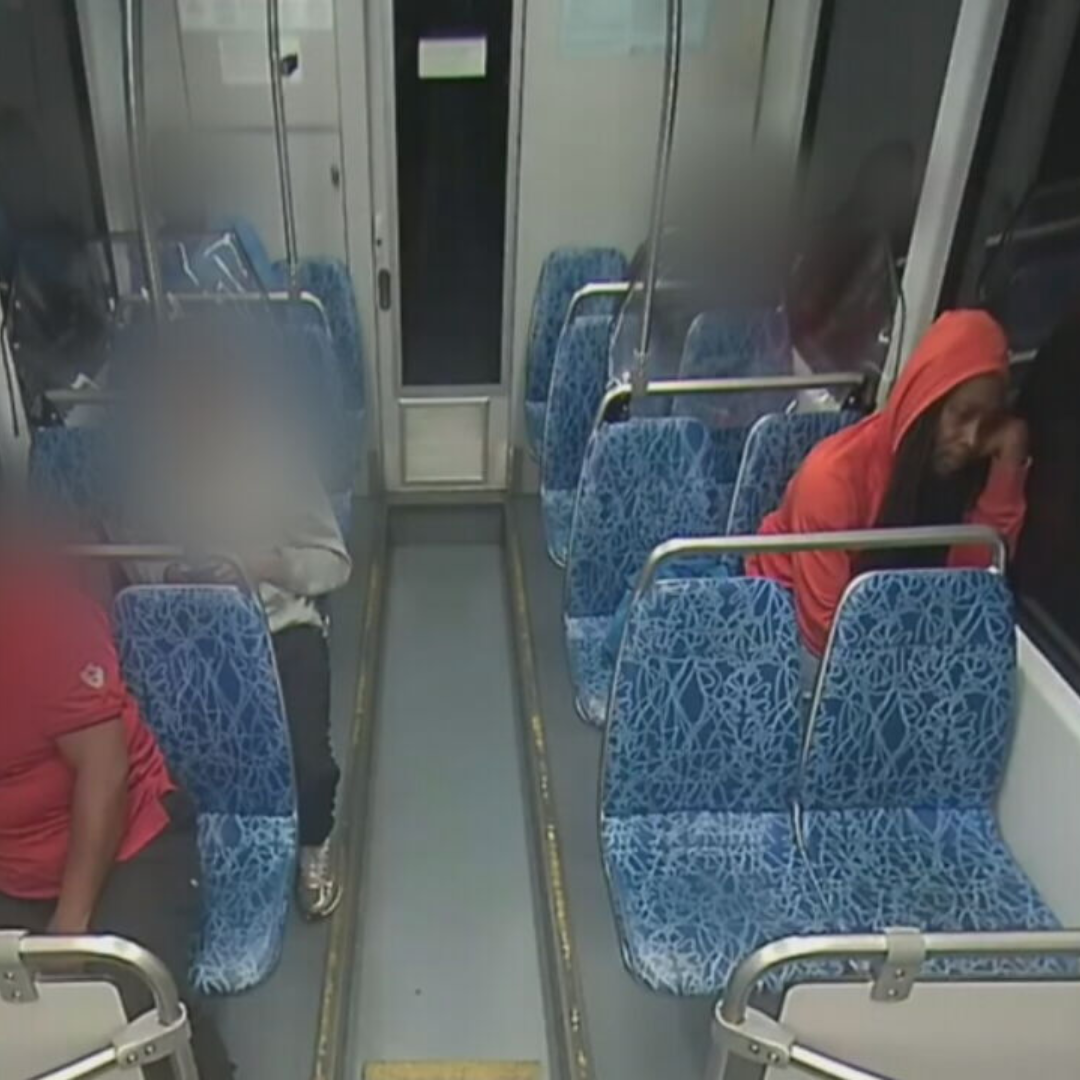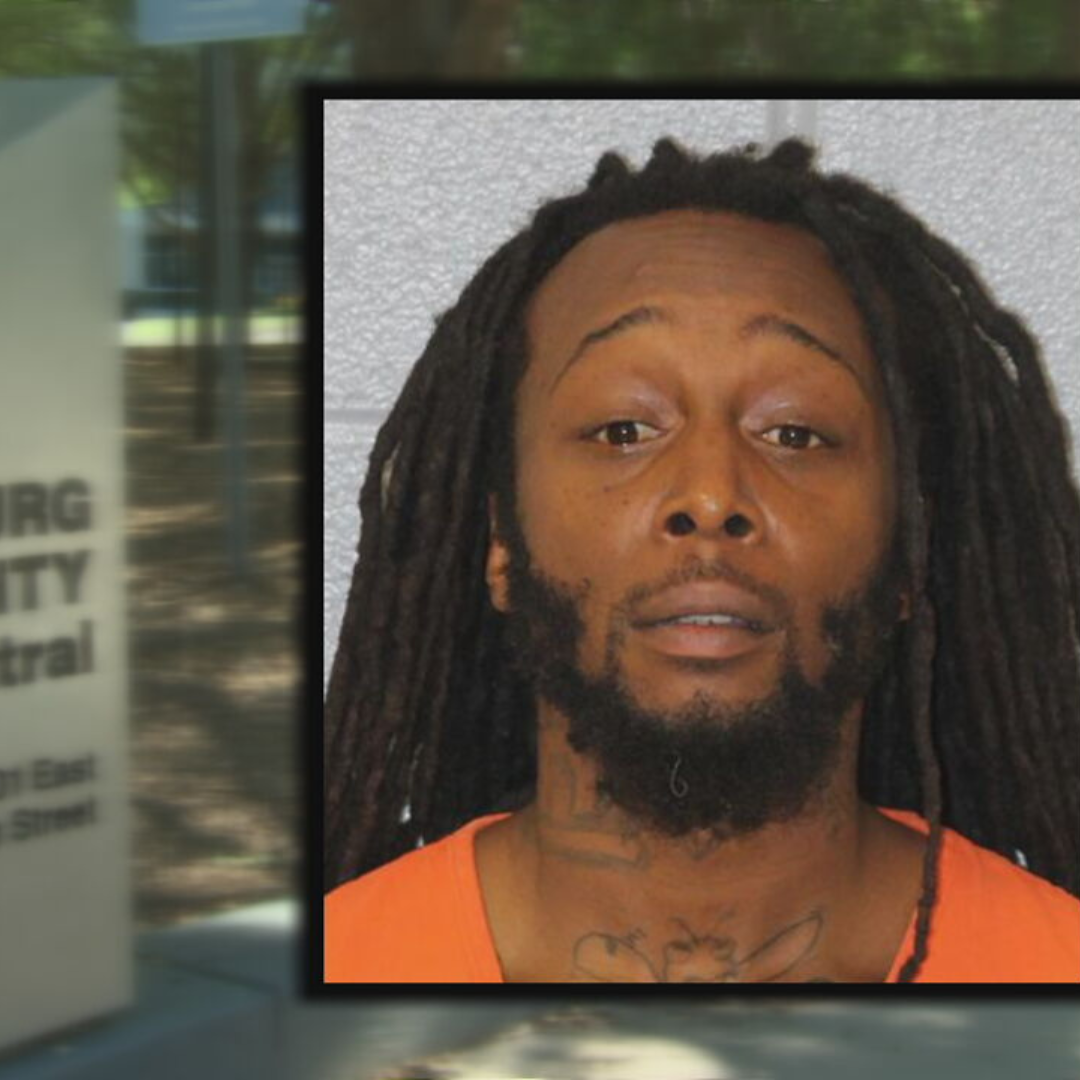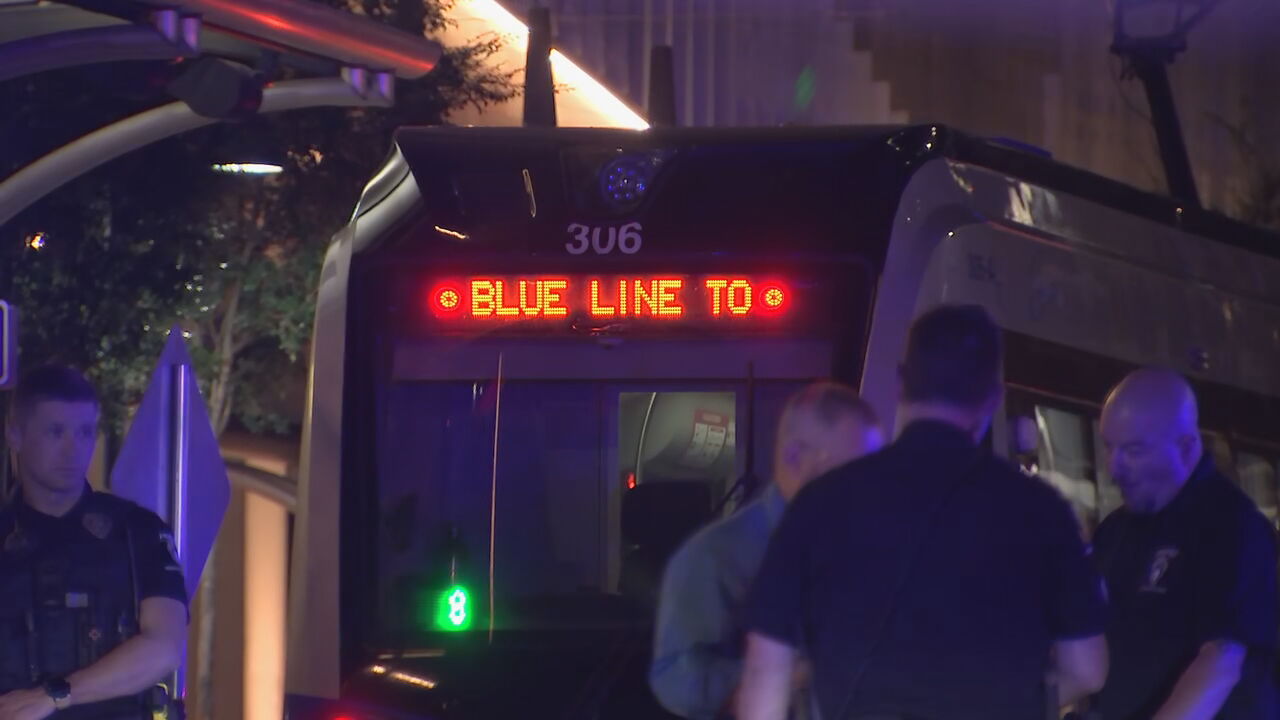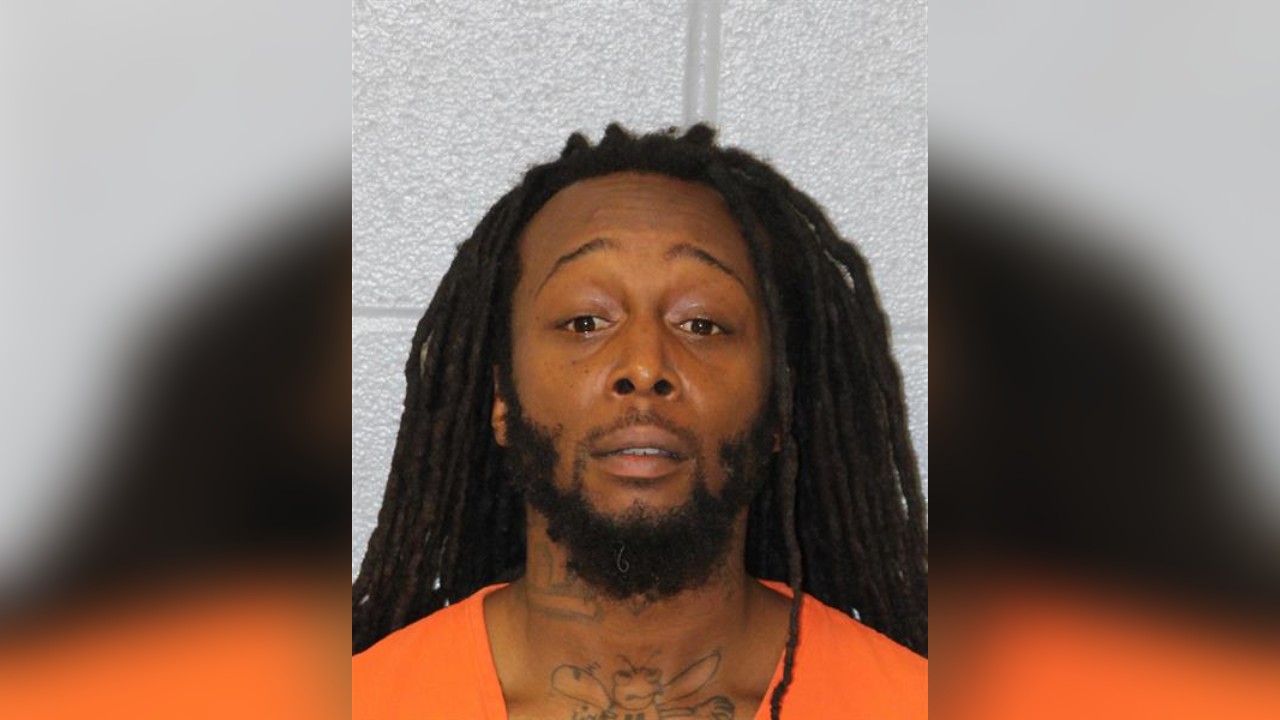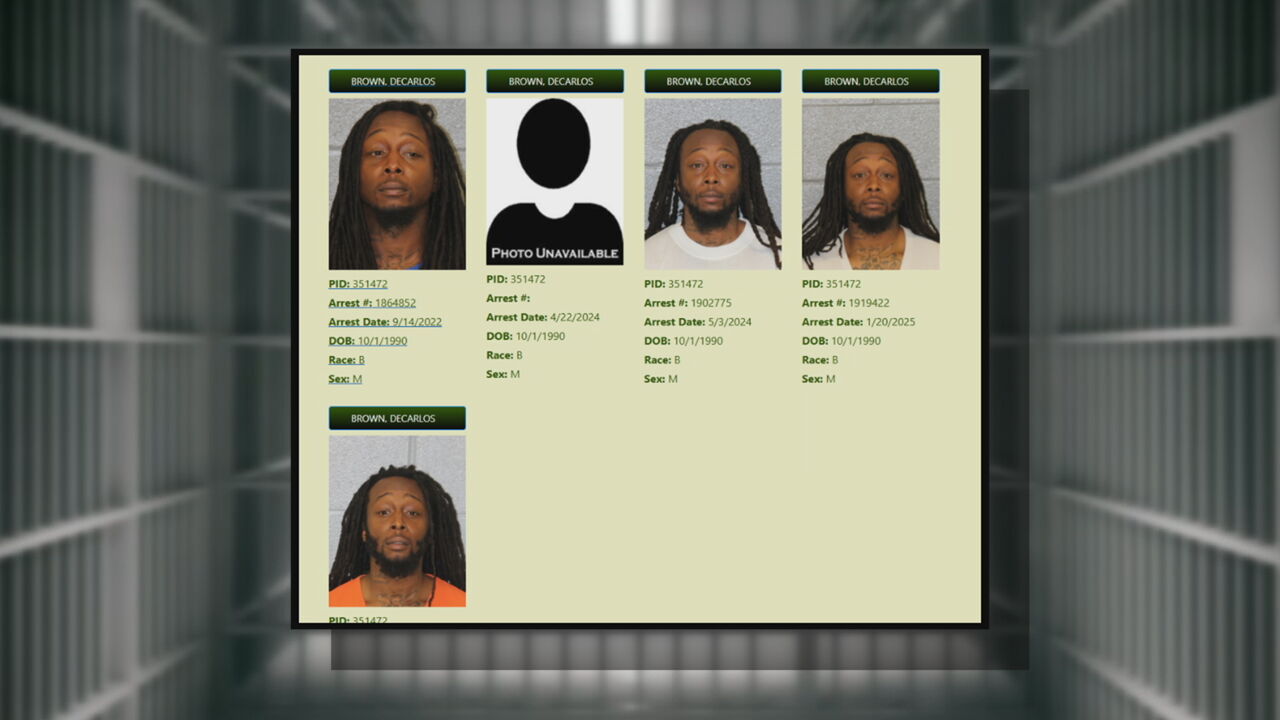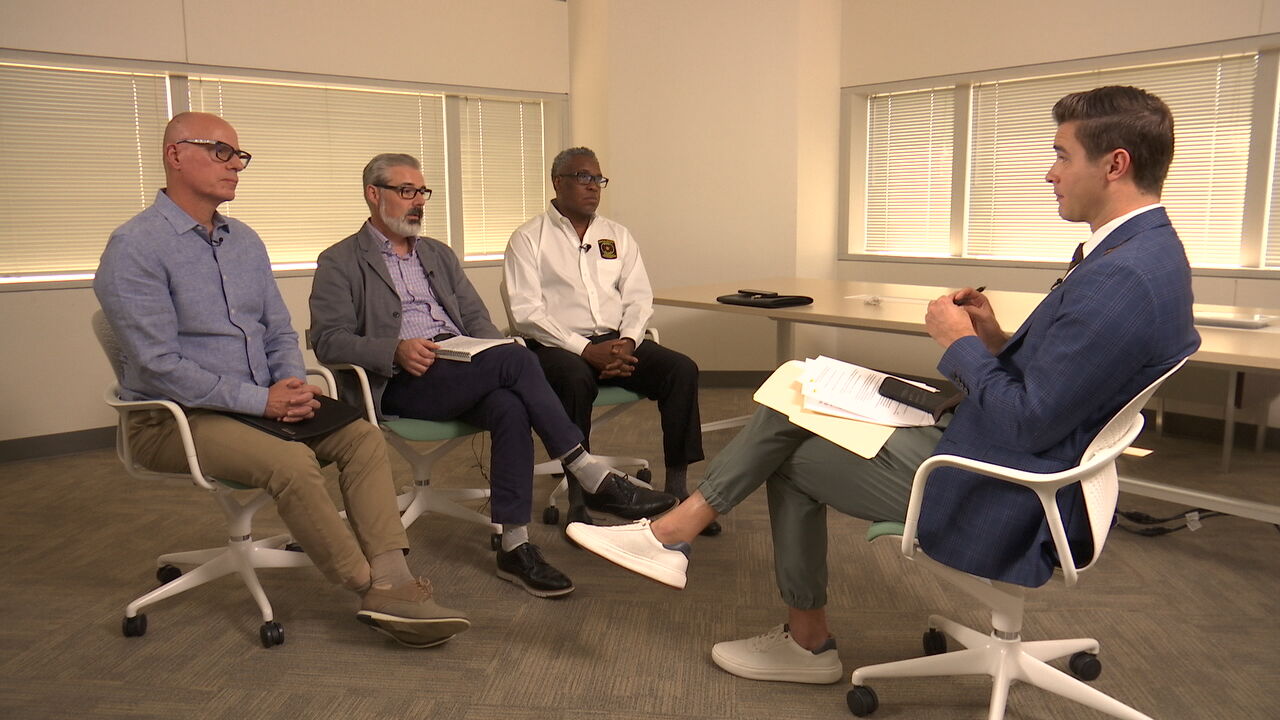Before the attack, Brown was arrested in January for misusing the 911 system, saying that people were trying to control him. Magistrate Teresa Stokes was working that night, and she released him without bond after getting a written promise to appear.
It's not unusual to issue a no-cash bond for that type of misdemeanor charge, and a suspect would typically not be held in jail for that type of misdemeanor. In previous cases, Brown failed to appear in court, but it's unclear if Stokes has that information when she determined his bond in January.
Magistrates typically have little information about the person arrested in front of them. They rely heavily on what the arresting officer tells them. They should have access to the suspect's criminal record, but it's not likely they would have access to mental health history unless the arresting officer tells them that.
Some of the blame has fallen on Mecklenburg County District Attorney Spencer Merriweather and the court system.
Channel 9's Hunter Saenz spoke with the DA about the case, but also asked what many in the community have been asking: "What needs to be done to ensure this doesn't happen again?"
Merriweather told Saenz that he and his team aren’t focused on the noise, they are focused on the job at hand.
Even with Brown charged with a federal crime, his office will proceed with the first-degree murder case.
He also said the tragedy is personal to him as a member of this community and it's shaken him, too.
Merriweather talked about more mental health resources, and changes to the judicial system, which could keep repeat offenders behind bars, needs to be in place.
"A person, who is a repeat offender with a record like this, should he have been on the streets?" Saenz asked the DA.
"What we do to make sure people who are repeat offenders who have been charged with crimes, are not on the streets, is make sure we make use of sentence enhancements like our habitual statute that would make sure that people who are waiting for trial, we make use laws that I had a hand in helping to change like the Pretrial Integrity Act," Merriweather said. "The current design of our system calls on us to wait for the worst thing to happen before we address a public safety threat, and that has to be something that changes."
Merriweather says he believes magistrates should have more information than they currently do when determining bond when a suspect is brought to the jail.
Brown's attorney says he plans to ask that his competence be evaluated due to his mental health history. We don't know what approach Brown's lawyers will take.
Jim Cooney, an attorney not working on the case, told Channel 9 that an insanity defense is possible, but extraordinarily difficult, with only a handful of successful cases in the last 40 years in North Carolina.




